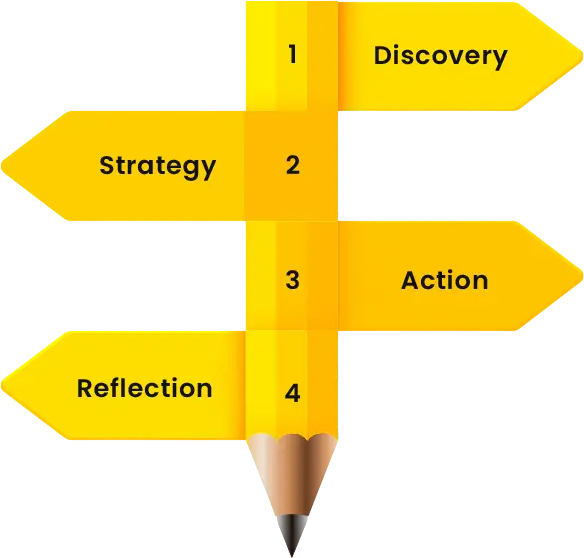We all experience fears and insecurities to varying degrees. They’re part of the human condition, an inescapable aspect of our psyche. Yet, if left unchecked, they can significantly hinder our personal growth and happiness. Understanding how fears and insecurities get the best of us is the first step towards mitigating their negative impact.
One of the most insidious ways fears and insecurities affect us is through negative self-talk and a negative self-image. When we are insecure, we tend to criticize ourselves harshly and focus on our flaws and shortcomings. This constant barrage of negativity can distort our view of ourselves, making it difficult to see our positive qualities.

“Men go to far greater lengths to avoid what they fear than to obtain what they desire.” — Dan Brown, The Da Vinci Code
Insecurities can make us doubt our abilities and hold us back from pursuing our goals. This fear of failure or rejection often prevents us from taking risks or putting ourselves out there. Instead of reaching our full potential, we find ourselves stuck in a cycle of self-doubt and missed opportunities.
One of the most paralyzing aspects of insecurity is the excessive concern about what others think of us. This need for external validation can lead us to make decisions based on what we believe others want, rather than what we truly desire. Over time, this behavior can lead to resentment and a lack of authenticity in our lives.

Unresolved insecurities from the past, such as childhood criticisms or bullying, can continue to negatively impact us in the present. These wounds, if not addressed, can keep us stuck in a cycle of self-doubt and hinder our ability to move forward.
Insecurity can cause us to be tense, guarded, and closed off in social situations. This makes it harder to connect with others and build meaningful relationships. The fear of judgment or rejection can lead to isolation, leaving us feeling lonely and disconnected.
It’s important to remember that everyone experiences insecurity to some degree. The key is to develop self-awareness and work on building self-acceptance and self-compassion. Here are some overarching strategies:
By acknowledging our fears and insecurities and actively working to address them, we can prevent them from getting the best of us. Remember, overcoming these challenges is a continuous process, but with effort and support, it’s entirely possible.

Colloboration Inquiries:
What’s The Fear LLC is an active member of the community and wants to help promote and participate in impactful projects.
Client Support:
What’s The Fear LLC is dedicated to responding to your questions, concerns and feedback in a timely manner.
Copyright © 2024 WhatsTheFear LLC | Unlimited Personal Growth